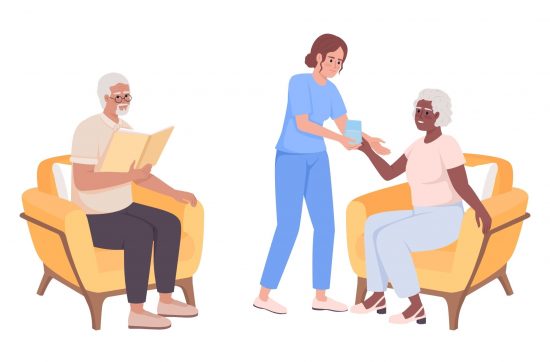Over View
Domiciliary services, also known as home care or home health care services, refer to a range of support and care provided to individuals in their own homes, typically to assist with activities of daily living, medical needs, or rehabilitation. These services are often tailored to the specific needs and preferences of the individual and can vary widely in scope and intensity. Here are some key aspects of domiciliary services:






